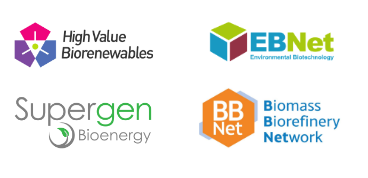Optimisation of substrate characterisation for improving monitoring and facilitating the modelling application in the anaerobic digestion of food waste
- Project lead
- Gina Javanbakht
- Institute
- University of Huddersfield
Summary
The UK is scaling up biomethane production by increasing the number of anaerobic digestion (AD) plants, with food waste being a key feedstock. Anaerobic digestion is a sustainable process that converts organic waste into biogas and nutrient-rich digestate, but its efficiency can be hindered by limited knowledge about the characteristics of the feedstock, especially food waste. This project focuses on optimizing food waste characterization and enhancing the predictive accuracy of biogas production models to make AD processes more efficient and reliable.
A critical component of the project is the adaptation and validation of the ADM1 (Anaerobic Digestion Model No. 1), a widely recognized mathematical framework for simulating biogas production. Historically used for sewage sludge, ADM1 faces challenges when applied to food waste due to limited data on the feedstock’s composition. To address this, the project combines experimental research using a specialized AD unit and advanced computational modelling to improve understanding of how variables like additives and feedstock composition influence biogas production. By integrating experimental validation and model-based optimization, the project aims to transform AD systems into more efficient, scalable, and sustainable solutions for energy production and waste management. These advancements support the UK’s goals for renewable energy and circular economy practices.
This project is currently underway. Aims, outcomes and impact will be published upon completion.
Academic partner:Gina Javanbakht, University of Huddersfield
Industrial partner: Dr. Andrés Donoso-Bravo, Modela Limited








